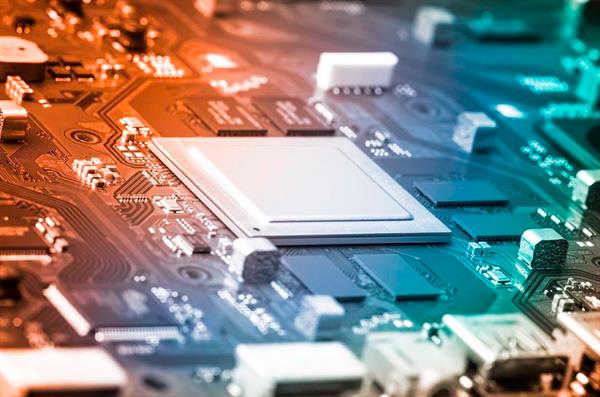The United States strongly stimulates China's semiconductor industry, and South Korean companies are forced to set up factories in the U.S.

Samsung faces nearly $10 billion U.S. factory budget expansion
Samsung Electronics has set up a subsidiary called "Samsung Austin Semiconductor" in Texas. It has 429 positions waiting to be filled, and employees will be placed in Austin and the newly built Taylor factory. At present, the Taylor factory is still under construction, and #Samsung Electronics is recruiting people in advance, hoping to put it into production quickly when the factory is in operation by the end of the year.
Now chipmakers have to face the problem of rising costs, otherwise the business cannot be carried out smoothly. For the Taylor factory in Texas, Samsung initially expected to invest US$17 billion, but now industry insiders believe that the budget will inflate by US$8-10 billion. Samsung Electronics, SK Hynix, #TSMC, Intel, and Japan’s Rapidus have all built factories in the United States, and many new factories are facing the same challenges.
According to the #CHIPS and Science Act promulgated by the United States, the excess profits earned by Samsung and TSMC factories must be shared with the United States, which is very unfavorable to non-US companies. In the past, semiconductor factories were concentrated in South Korea and Taiwan, and will be scattered all over the world in the next few years, such as the United States, Europe and China.
An anonymous South Korean semiconductor industry insider said that the construction costs in the United States are quite high, exceeding the subsidies received by enterprises, and the United States also requires enterprises to disclose secrets and share excess profits; if the United States can relax the terms, the pressure on enterprises will be reduced a lot.
There are also some people who believe that the change in the situation has a positive side for Korean semiconductor companies. Kim Yang-paeng, a senior researcher at the Korea Industrial Research Institute, said: "The semiconductor value chain originally pursued economy and efficiency as much as possible, but now that countries are starting to seek independent production, the above characteristics have fallen apart. Semiconductor prices will rise, which is good for South Korea. Businesses are favorable."
Park Jea-gun, president of the Korea Semiconductor and Display Technology Society, believes that Samsung Electronics will compete for the application processor cake when it builds a factory in the United States, thereby driving the development of the Korean memory chip market. After 10 years, the global revenue of Korean semiconductors will increase by 80%.



